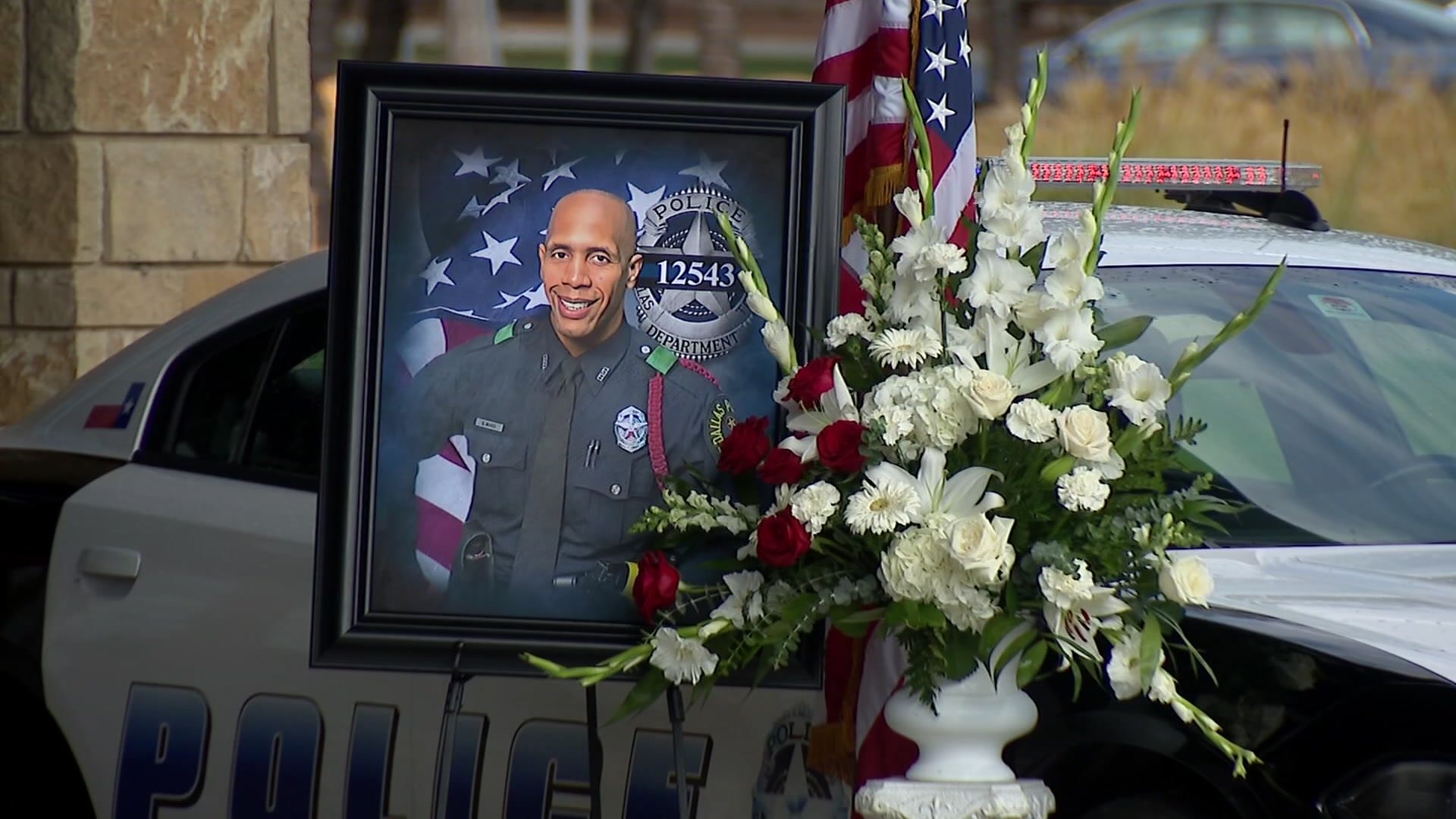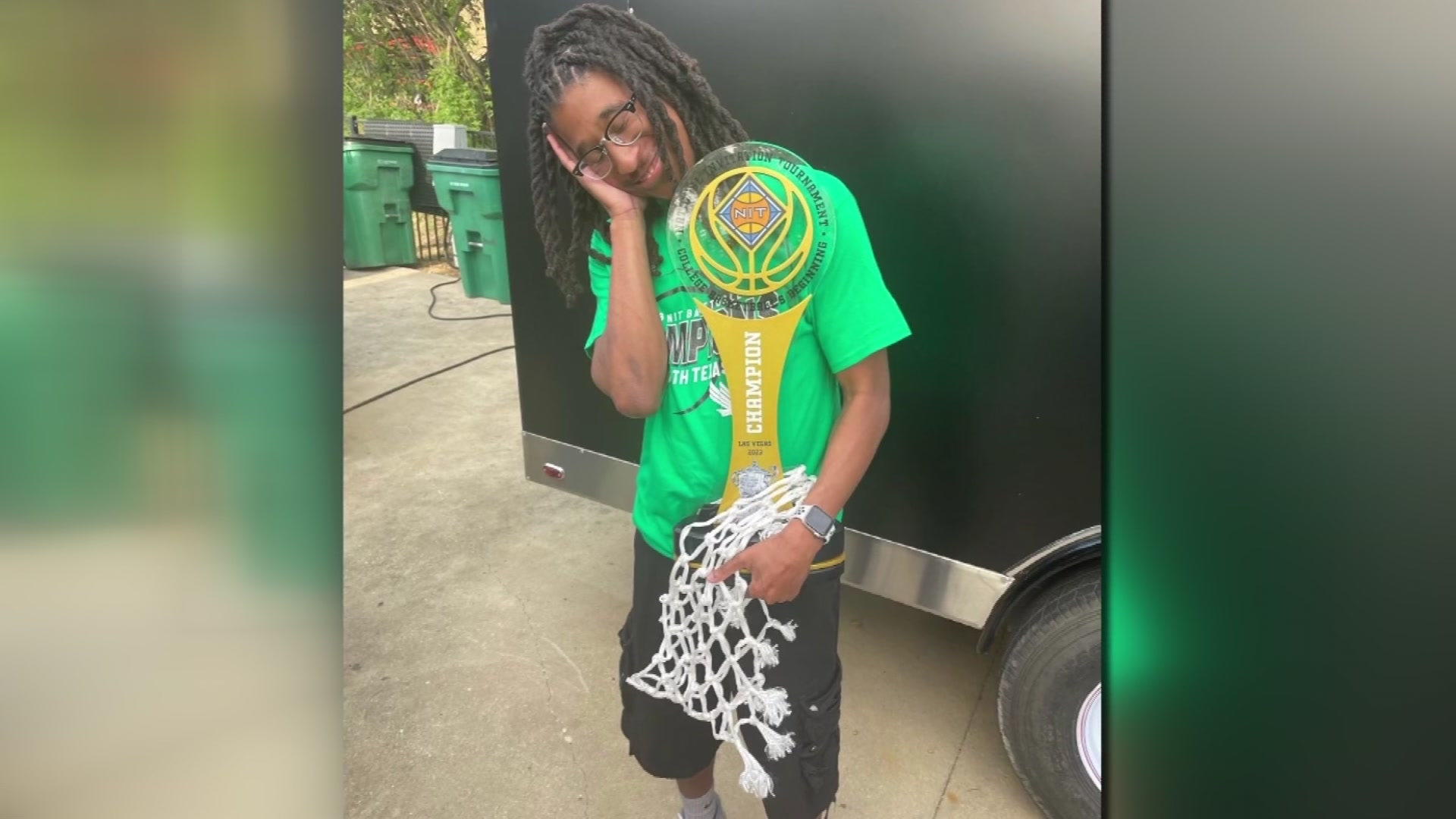Research indicates firefighters are at a higher risk of getting and dying from esophageal cancer. The Fort Worth Fire Department wants to get ahead of it.
On Wednesday, the department began esophageal cancer testing at its training facility, which will last through the end of next week.
“We’ve done some other cancer screenings but the previous cancer screenings that we do do not detect the esophageal cancer, which… with our job… we’re at a greater risk than the general public," said Jason Cearley, a battalion chief with the department.
The Firefighter Cancer Support Network says firefighters have a 62% higher risk of getting esophageal cancer, and a 39% increased risk of dying from it than others, citing research from the National Institute for Occupational Safety and Health.
Get top local stories in DFW delivered to you every morning. Sign up for NBC DFW's News Headlines newsletter.
“The materials that they’re building these houses now, compared to maybe the ‘30s and the ‘40s, is… with the chemical-based products, you know, that we’re more exposed to the carcinogen smoke. And so, over time that builds up," Cearley explained.
He said although they don't have specific numbers of esophageal cancer among their firefighters, their overall cancer rate is getting higher every year.
Local
The latest news from around North Texas.
Cearley partnered with Lucid Diagnostics to bring their Esophageal DNA test, Esoguard, to the fire department.
“Our test is actually able to detect it in the pre-cancerous stages that is actually preventable and well-managed if we are able to catch that," said Diane Hunter, a Lucid Diagnostics spokesperson.
The National Cancer Institute says there’s only a 21.6% survival rate over five years for esophageal cancer—but there’s a better chance of recovery if found very early.
Cearley said the cost of the tests is being covered by a grant, so they weren't able to offer testing to all 1,000+ members, only the most vulnerable roughly 200 who had the most risk factors.
That included Michael Pooler.
“When I was going through the checklist, I had five of the eight things you were looking for," Pooler told staff as he checked in for his screening.
His risk factors included being a white male over the age of 50 and fighting fires for 10 or more years.
“It did surprise me, and that’s why I signed up," he said.
Pooler should receive his results in a couple of weeks and is grateful his department brought testing to him-- a test he said he wouldn't have even known to take.
Now, he hopes his results will give him one less worry as he rounds out nearly a quarter century serving the fire department.
“That peace of mind is the main thing," he said.



